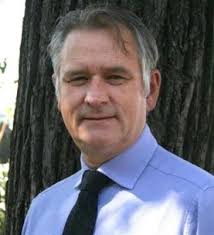
National referenda on European policies lead to minority tyranny
I’ve recently written an article on referenda for Zeit Online. Here is how it starts. Two leading scholars, Wallace and Smith, once described the European Union as an “enlightened administration on behalf of uninformed publics, in cooperation with affected interests and subject to the approval of national governments.” The EU legitimised its policies through system-efficiency and not citizens’ participation. Nation states were clearly unable to solve certain problems on their own and therefore an effective European policy could count on what Eurocrats used to call a “permissive public consensus.” This common “democratic” wisdom does not hold true any longer. Most citizens no longer trust the EU to act on their behalf in a discretionary manner. The EU can no longer …
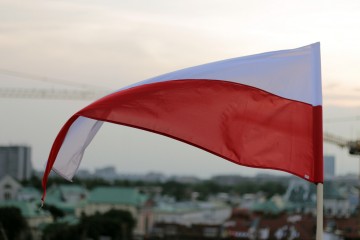
Is Poland Hungary? Jan Zielonka on Poland after the elections
European press, including some liberal Polish newspapers, rushed to suggest that the recent parliamentary elections have made Poland resemble Hungary: a xenophobic enfant terrible in the centre of Europe. This is sheer nonsense. These two states are very different, xenophobic rhetoric is not just a Polish-Hungarian specialty, and the winning party in Poland, Law & Justice (PiS), has undergone a profound change since it was in power a decade ago. Comparing Poland to Hungary is like comparing monkeys to stones, to use Giovanni Sartori’s expression. Poland, unlike Hungary has not experienced an economic crisis over the last decade. On the contrary; its economy grew more than twenty percent! There is no fascist party in Poland’s parliament that resembles the Hungarian …
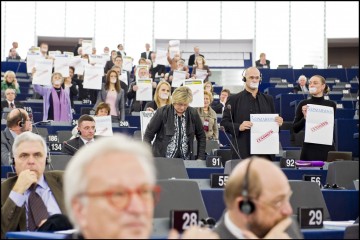
“Dirty Togetherness”: Press, Politics And Power In Europe’s New Democracies
The ruling party in Hungary, Fidesz, has persistently tried to transform public-service television into its propaganda tool, but seen rather perverse results. The more TV programmes played to the Fidesz tune, the less people watched it. The audience share of the news bulletins of public-service broadcasters is now lower because the public shifted to private broadcasters in search of less biased news. Now it has been reported that the ruling political elite is trying to “colonise” private broadcasters too. Andy Vajna, is set to purchase Hungary’s second-largest commercial television channel, TV2. A close ally of Fidesz, Vajna, the Hungarian government film commissioner and gambling magnate, is closely linked to Hungarian Prime Minister Viktor Orbán and other high-ranking Fidesz politicians. Students of Italian …
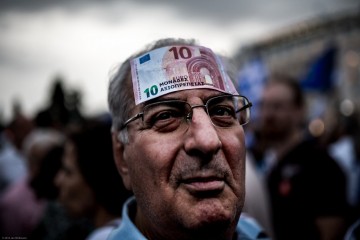
Greece has become the EU’s third protectorate
The EU looks, walks and talks like an empire. After extending its borders into Central and Eastern Europe, the EU has just created its third protectorate in the Balkans. From now on Greece will effectively be run by the EU the way Kosovo and Bosnia-Herzegovina already are. Empire is not a synonym of evil despite some bad historical connotations, especially from the colonial era. Power can be exercised in noble ways, and peripheries often prefer to be “conquered” than abandoned. However, the EU’s ambition to run dysfunctional countries by decree is doomed to fail and will represent yet another blow to the project of European integration. Formal involvement of the UN or the IMF in running the protectorates will not …
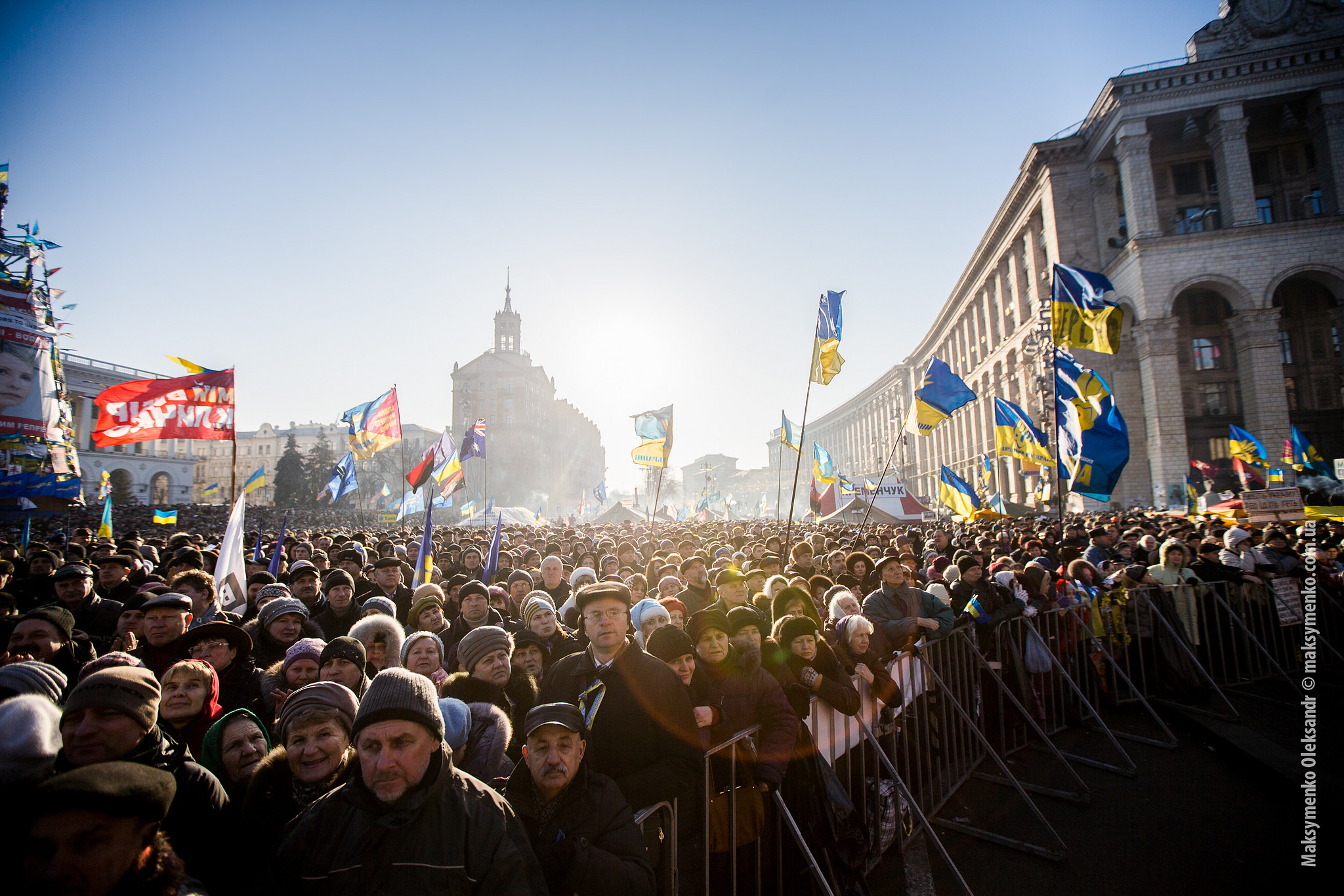
The fatalistic predicament of Ukraine
Bloody clashes in front of the Ukrainian Parliament have reminded us about the EU’s tormented neighbour. Ultra-nationalists were not successful in the last parliamentary elections, but the tragic situation in Donbas has allowed them thrive. At stake this time were planned changes to the Ukrainian Constitution that envisaged a territorial decentralization as stipulated by the Minsk Agreement. For Ukrainian radicals these changes “imposed” from outside amount to a partition of their country. Is Ukraine unravelling? I do not think so, but much depends on Europe. European leaders said many times that the future of Europe and Ukraine are entangled. The last thing they want is to have a huge failed state on their eastern border. This is why President Poroshenko …
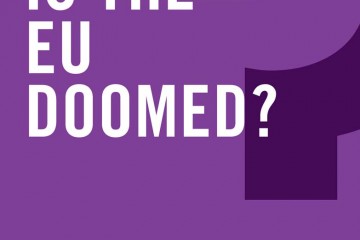
‘Is the EU doomed?’ by Jan Zielonka
“Interesting times await us in any case.” That is the enigmatic and yet telling prognosis Professor Jan Zielonka extracts from an array of convoluted developments in recent European politics. Surveying sharp discrepancies in national employment levels, debt crises, anti-establishment political parties, and creeping disengagement against the backdrop of constant cacophony, Professor Zielonka explores the divergent effects of integration, the changing role of state actors and the prospects of the European Union in the not-so-distant future.
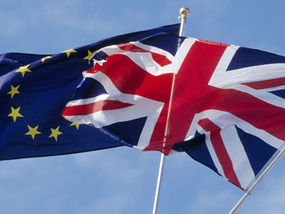
Can the EU Afford to Lose the UK?
In her book Statecraft, published in 2002, Lady Thatcher wrote, “The blunt truth is that the rest of the European Union needs us more than we need them.” We may soon learn how true Maggie’s words are. In the United Kingdom, some of the most prominent businessmen, journalists, and academics are trying to convince Britons that a British exit, or “Brexit,” would be a disaster for their country. In the rest of the EU, a Brexit does not seem to be a sensitive issue; in fact, many continental pundits seemed happy to see Britain leaving the last European Council with a bloody nose after the fight about Jean-Claude Juncker. Will the EU be better off without Great Britain? Or will a Brexit herald the fall of the EU?
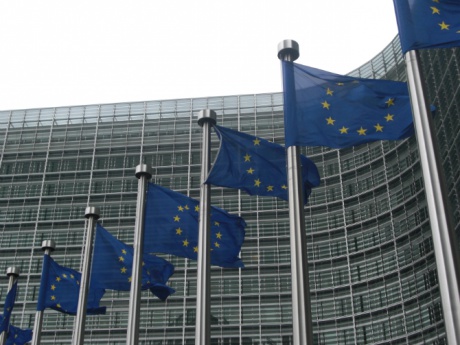
Mending a dysfunctional union
The EU is not an end in itself. Europe needs a vision of functional integration orchestrated and managed not just by states, but also major regions, cities, NGOs and firms.
Elections create winners and losers; the former suffer from hangover due to the excess of champagne; the latter suffer from hangover caused by depression. These last European elections have been a source of hangover for one additional reason: parties determined to curb EU powers came clearly on top in numerous countries. Yet, supporters of the current status-quo were quick to stress that they maintained a comfortable majority within the European Parliament. They sounded like people who had too much champagne. The political map of Europe has changed dramatically thanks to the triumph of the Eurosceptics. National leaders who are running the European project have been given bloody noses by the voters and the newly elected European Parliament has been declared illegitimate by a large segment of the electorate (including those who abstained). Italy seems to defy the common trend, maybe because they found a new young face to lead a firmly pro-European government.









